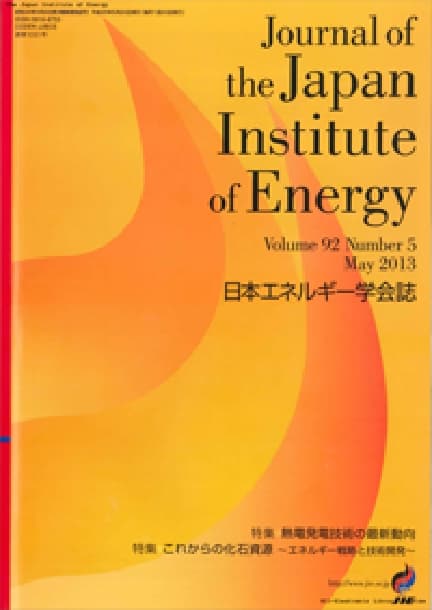Study on Diesel Engine Operated by Neat Rapeseed Oil
Junya TANAKA, Koji KOREMATSU, Kensuke NISHI
pp. 332-338
DOI:
10.3775/jie.86.332Abstract
It is effective to suppress carbon dioxide emission that engines utilize biomass fuels. Two experimental studies on the engine performances operated with a neat rapeseed oil are conducted. The first experiment is to clarify the performance of the diesel engine operated by seven kinds of neat rapeseed oil which were taken at the end of seven refinement stages in the manufacturing process. The experimental data show that the seven kinds of oil have the potential of practical application. The second experiment is to clarify the generation behavior of the deposit in the cylinder and the influence on the engine performance. The clearance volume of the tested engine was decreased until 700min, and the compression ratio was increased by the deposit generation. The Bosch smoke unit was not increased by the deposit generation. Although the slight increase in the consumption of the lubrication oil was detected, the piston ring wear was even less than that in the diesel fuel operation.
Readers Who Read This Article Also Read
Journal of the Japan Institute of Energy Vol.85(2006), No.7
Journal of the Japan Institute of Energy Vol.87(2008), No.9
Journal of the Japan Institute of Energy Vol.88(2009), No.2










